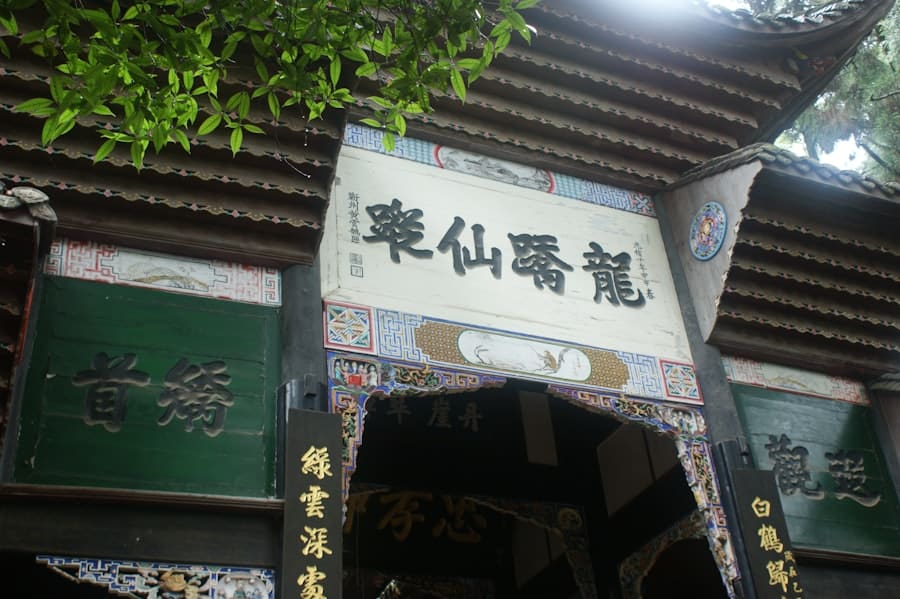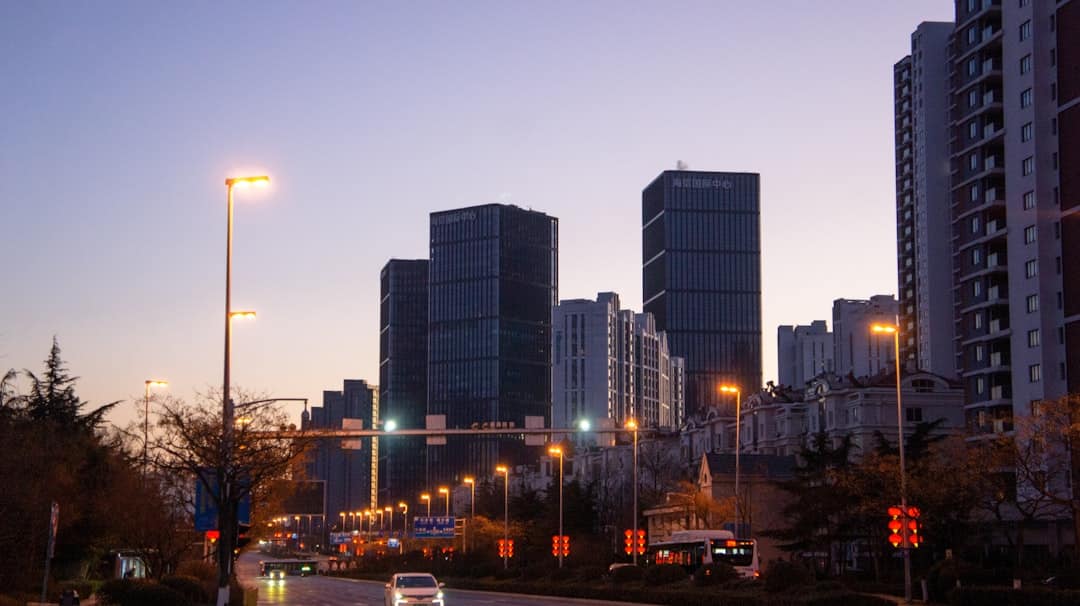Decentralized Autonomous Organizations (DAOs) have emerged as a revolutionary concept in the landscape of digital governance and community engagement. Originating from the principles of blockchain technology, DAOs represent a shift away from traditional organizational structures, which are often hierarchical and centralized. Instead, they leverage smart contracts and decentralized networks to create organizations that operate autonomously, governed by the collective decisions of their members.
The rise of DAOs can be traced back to the early experiments in blockchain technology, particularly with Ethereum, which introduced the concept of smart contracts that execute automatically when certain conditions are met. This innovation laid the groundwork for DAOs to flourish, enabling communities to self-organize and manage resources without the need for intermediaries. The proliferation of DAOs has been fueled by a growing desire for transparency, inclusivity, and democratization in decision-making processes.
As individuals become increasingly disillusioned with traditional institutions that often prioritize profit over community welfare, DAOs offer an alternative model that emphasizes collective ownership and governance. The COVID-19 pandemic further accelerated this trend, as remote work and digital collaboration became the norm, allowing communities to connect and organize in ways that were previously unimaginable. DAOs have gained traction across various sectors, including finance, art, gaming, and social activism, showcasing their versatility and potential to disrupt established norms.
Key Takeaways
- DAOs are on the rise as a new way of organizing and governing communities, enabled by blockchain technology.
- DAOs are redefining community ownership by allowing participants to have a direct say in decision-making and resource allocation.
- Participants in DAOs are empowered to make collective decisions and contribute to the growth and development of the community.
- Blockchain technology plays a crucial role in facilitating DAOs by providing transparency, security, and immutability of records.
- Successful DAOs have had a significant impact on community ownership, but they also face challenges and limitations in creating new models of ownership.
Redefining Community Ownership through DAOs
DAOs are fundamentally redefining the concept of community ownership by enabling individuals to collectively manage resources and make decisions that directly impact their shared interests. In traditional ownership models, power is often concentrated in the hands of a few stakeholders or shareholders, leading to disparities in influence and access. DAOs challenge this paradigm by distributing ownership among all participants, allowing each member to have a voice in governance and resource allocation.
This shift not only democratizes ownership but also fosters a sense of belonging and accountability among members, as they are directly invested in the outcomes of their collective actions. One notable example of community ownership through DAOs is the concept of “social tokens,” which allow communities to create their own currencies that represent value within their ecosystem. These tokens can be used for various purposes, such as voting on proposals, funding projects, or rewarding contributions.
By utilizing social tokens, communities can establish a more equitable system where every member’s input is valued, and decisions are made collaboratively. This model encourages active participation and engagement, as individuals are motivated to contribute to the success of the community they belong to. As a result, DAOs are not just redefining ownership; they are also reshaping the very fabric of community interaction and collaboration.
How DAOs are Empowering Participants to Make Collective Decisions

At the heart of DAOs lies the principle of collective decision-making, which empowers participants to have a direct say in the governance of their organization. Unlike traditional organizations where decisions are often made by a select few executives or board members, DAOs utilize voting mechanisms that allow all members to participate in shaping policies and initiatives. This democratic approach fosters a culture of inclusivity and transparency, as every member’s opinion is considered in the decision-making process.
The use of blockchain technology ensures that these votes are recorded immutably, providing a clear audit trail that enhances trust among participants. DAOs often implement various voting systems to accommodate different types of proposals and member engagement levels. For instance, some DAOs may use quadratic voting, where members can allocate votes based on their preferences, allowing for nuanced decision-making that reflects the intensity of members’ opinions.
Others may adopt token-weighted voting, where members’ voting power is proportional to the number of tokens they hold. This flexibility enables DAOs to tailor their governance structures to suit their unique community dynamics while ensuring that all voices are heard. By empowering participants to make collective decisions, DAOs not only enhance engagement but also cultivate a sense of ownership and responsibility among members.
The Role of Blockchain Technology in Facilitating DAOs
Blockchain technology serves as the backbone of DAOs, providing the infrastructure necessary for decentralized governance and transparent operations. At its core, blockchain is a distributed ledger that records transactions across a network of computers in a secure and tamper-proof manner. This technology enables DAOs to operate without a central authority, as all transactions and decisions are recorded on the blockchain, ensuring accountability and traceability.
Smart contracts play a crucial role in this ecosystem by automating processes and enforcing rules without human intervention. The use of blockchain technology also enhances security and trust within DAOs. Since all actions taken within a DAO are recorded on an immutable ledger, members can verify transactions and decisions independently.
Additionally, blockchain’s decentralized nature mitigates the risks associated with single points of failure, making DAOs more resilient against external threats or internal conflicts. As a result, blockchain technology not only facilitates the operational aspects of DAOs but also reinforces the foundational principles of trust and collaboration that underpin these organizations.
Examples of Successful DAOs and Their Impact on Community Ownership
Several successful DAOs have emerged as exemplars of community ownership and collective governance, demonstrating the potential of this model across various domains. One prominent example is MakerDAO, which governs the DAI stablecoin—a decentralized cryptocurrency pegged to the US dollar.
This structure empowers users to shape the future of DAI while ensuring its stability and reliability as a financial instrument. Another noteworthy example is Gitcoin DAO, which focuses on funding open-source projects through community-driven grants. Gitcoin allows developers and contributors to propose projects that align with community values, while token holders vote on which projects receive funding.
This model not only incentivizes innovation but also fosters collaboration among developers who share common goals. By prioritizing community-driven initiatives, Gitcoin DAO exemplifies how DAOs can create sustainable ecosystems that benefit all participants.
Challenges and Limitations of DAOs in Creating New Models of Community Ownership

Despite their potential, DAOs face several challenges and limitations that may hinder their ability to create new models of community ownership effectively. One significant challenge is the issue of governance complexity. As DAOs grow in size and diversity, reaching consensus on proposals can become increasingly difficult.
The need for effective communication and coordination among members can lead to decision-making bottlenecks or even conflicts within the community. Additionally, varying levels of engagement among participants may result in unequal representation in governance processes, undermining the democratic ideals that DAOs strive to uphold. Another limitation is regulatory uncertainty surrounding DAOs.
As these organizations operate outside traditional legal frameworks, they often encounter challenges related to compliance with existing laws and regulations. Issues such as taxation, liability, and intellectual property rights remain largely unaddressed in many jurisdictions, creating potential risks for DAO participants. Furthermore, the lack of legal recognition for DAOs may deter some individuals from participating or investing in these organizations due to concerns about their legitimacy or long-term viability.
The Future of DAOs and Their Potential to Transform Traditional Ownership Structures
The future of DAOs holds immense promise for transforming traditional ownership structures across various sectors. As more individuals recognize the benefits of decentralized governance and community-driven initiatives, we may witness a shift away from conventional models toward more inclusive and participatory frameworks. This transformation could extend beyond digital communities into areas such as real estate, cooperatives, and even local governments, where DAOs could facilitate collective decision-making and resource management.
Moreover, advancements in technology will likely enhance the capabilities of DAOs, making them more accessible and user-friendly for participants. Innovations such as layer-2 scaling solutions could improve transaction speeds and reduce costs associated with operating on blockchain networks. Additionally, developments in user interface design may simplify participation in governance processes for individuals who may not be technologically savvy.
As these barriers diminish, we can expect an influx of diverse voices contributing to DAO initiatives, further enriching the collaborative landscape.
How Individuals Can Get Involved in DAOs and Contribute to Community Ownership
Individuals interested in getting involved with DAOs have numerous avenues through which they can contribute to community ownership initiatives. One of the most straightforward ways is by participating in existing DAOs that align with their interests or values. Many DAOs actively seek new members who can bring unique skills or perspectives to their governance processes or projects.
Joining these organizations often involves acquiring tokens that grant voting rights or access to specific resources within the community. Additionally, individuals can contribute by proposing new initiatives or projects within a DAO framework. Many organizations encourage members to submit ideas for funding or development based on community needs or aspirations.
Engaging in discussions on governance forums or participating in community calls can also provide valuable insights into ongoing projects while allowing individuals to voice their opinions on important matters affecting the organization. Furthermore, individuals can educate themselves about DAO structures and best practices through online resources or workshops focused on decentralized governance. By understanding how these organizations operate and the principles behind them, participants can become more effective advocates for community ownership within their chosen DAOs.
Ultimately, active involvement in DAOs not only empowers individuals but also strengthens the collective fabric of communities striving for equitable ownership models.
In the evolving landscape of decentralized finance, Decentralized Autonomous Organizations (DAOs) are pioneering innovative models of community ownership, reshaping how communities interact with and benefit from shared resources. A related article that delves into the technological advancements supporting these new models is How-To Geek Is An Online Technology Magazine Created. This article explores the role of technology in transforming traditional structures, providing insights into how digital platforms are enabling more inclusive and participatory forms of governance and ownership, much like the mechanisms employed by DAOs.
FAQs
What is a DAO?
A DAO, or Decentralized Autonomous Organization, is an organization that is run through rules encoded as a computer program, which is transparent, controlled by the organization members and not influenced by a central government.
How do DAOs create new models of community ownership?
DAOs create new models of community ownership by allowing members to have a direct say in decision-making processes, enabling transparent and decentralized governance, and providing opportunities for community members to have ownership stakes in the organization.
What are some examples of DAOs in action?
Some examples of DAOs in action include decentralized finance (DeFi) platforms, decentralized governance systems for blockchain projects, and community-owned digital art platforms.
What are the benefits of community ownership through DAOs?
The benefits of community ownership through DAOs include increased transparency, greater inclusivity in decision-making processes, reduced reliance on centralized authorities, and the potential for more equitable distribution of resources and rewards.
What are the potential challenges of implementing DAOs for community ownership?
Potential challenges of implementing DAOs for community ownership include regulatory uncertainty, technical complexities, governance disputes, and the need for effective mechanisms for community engagement and participation.

